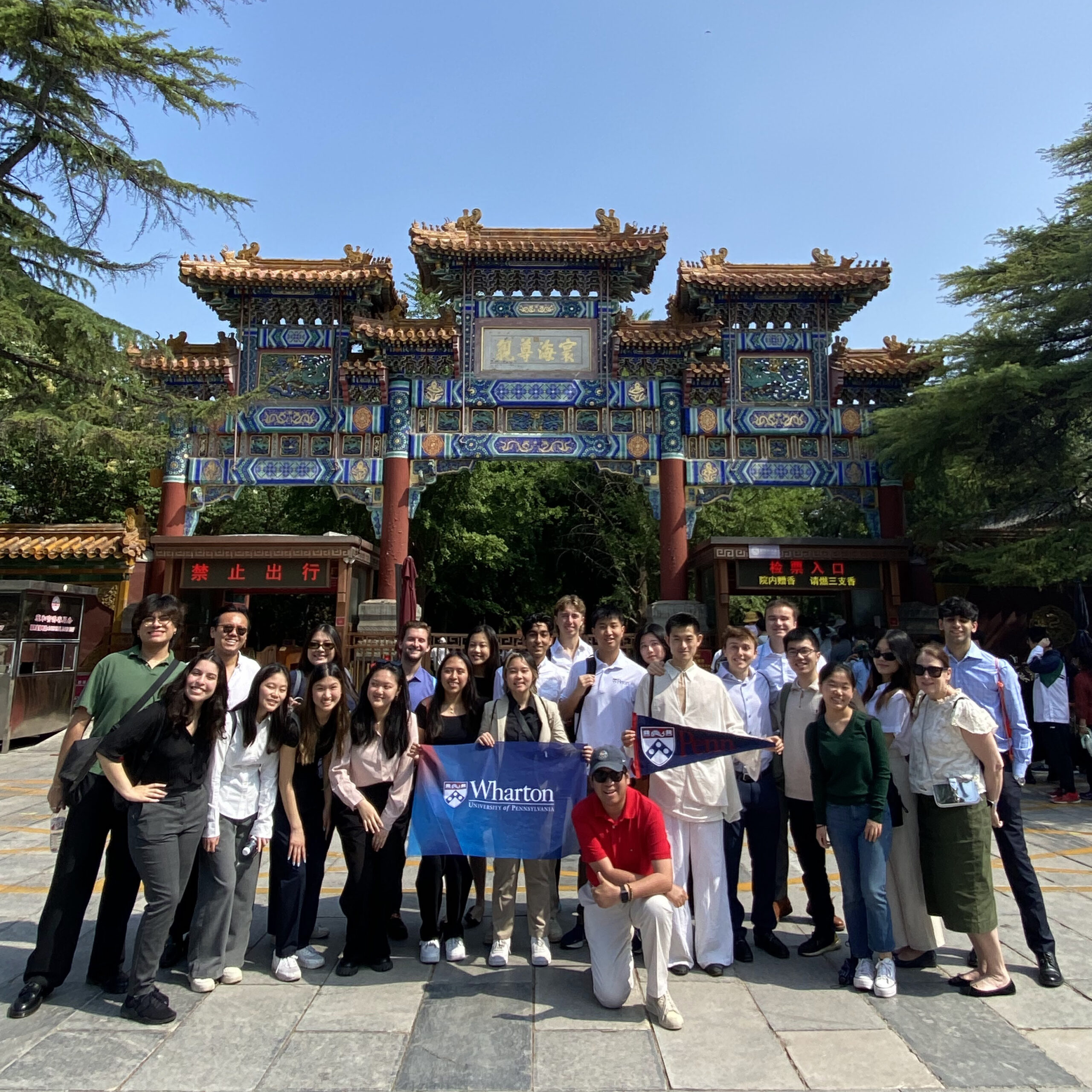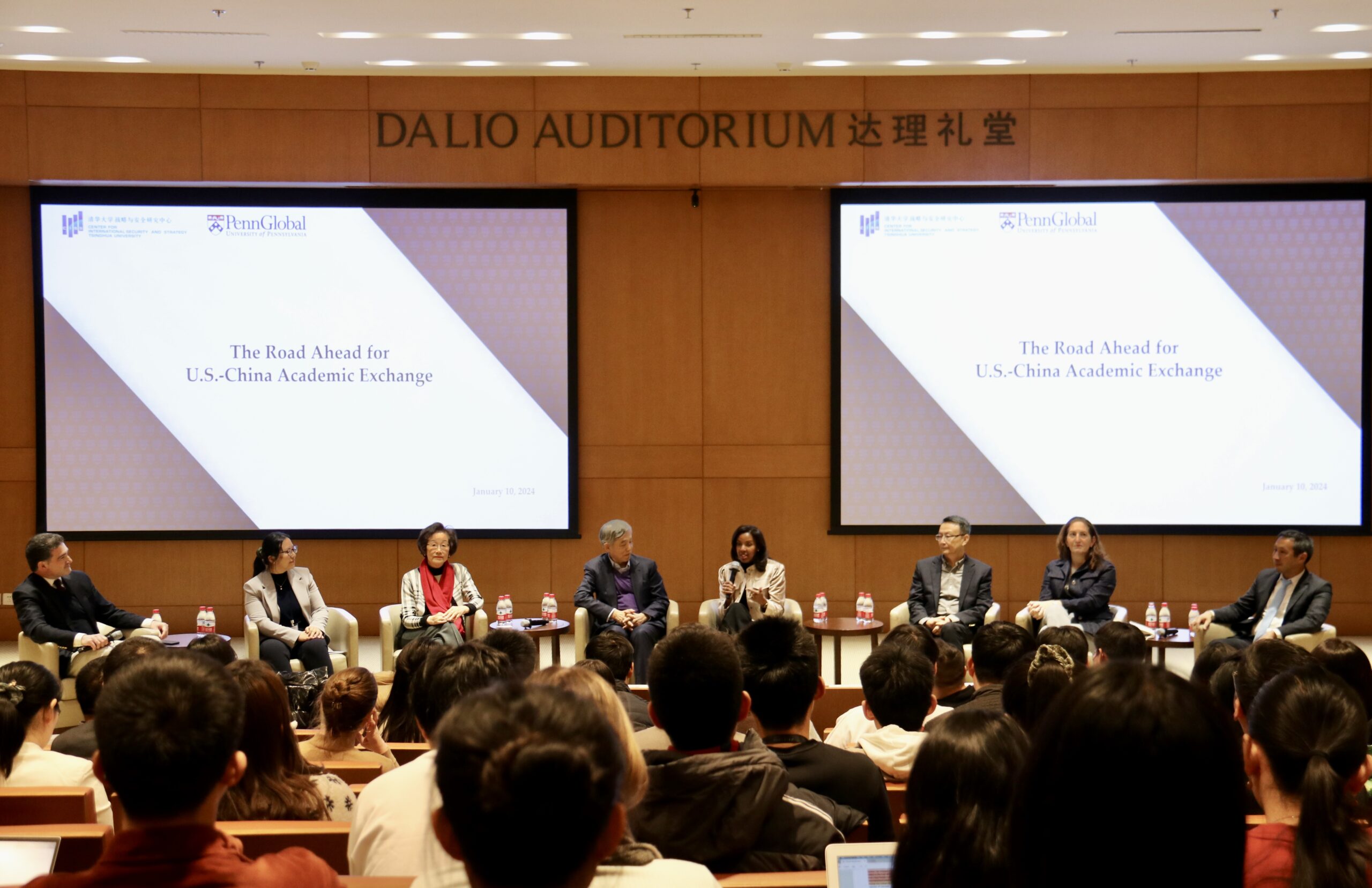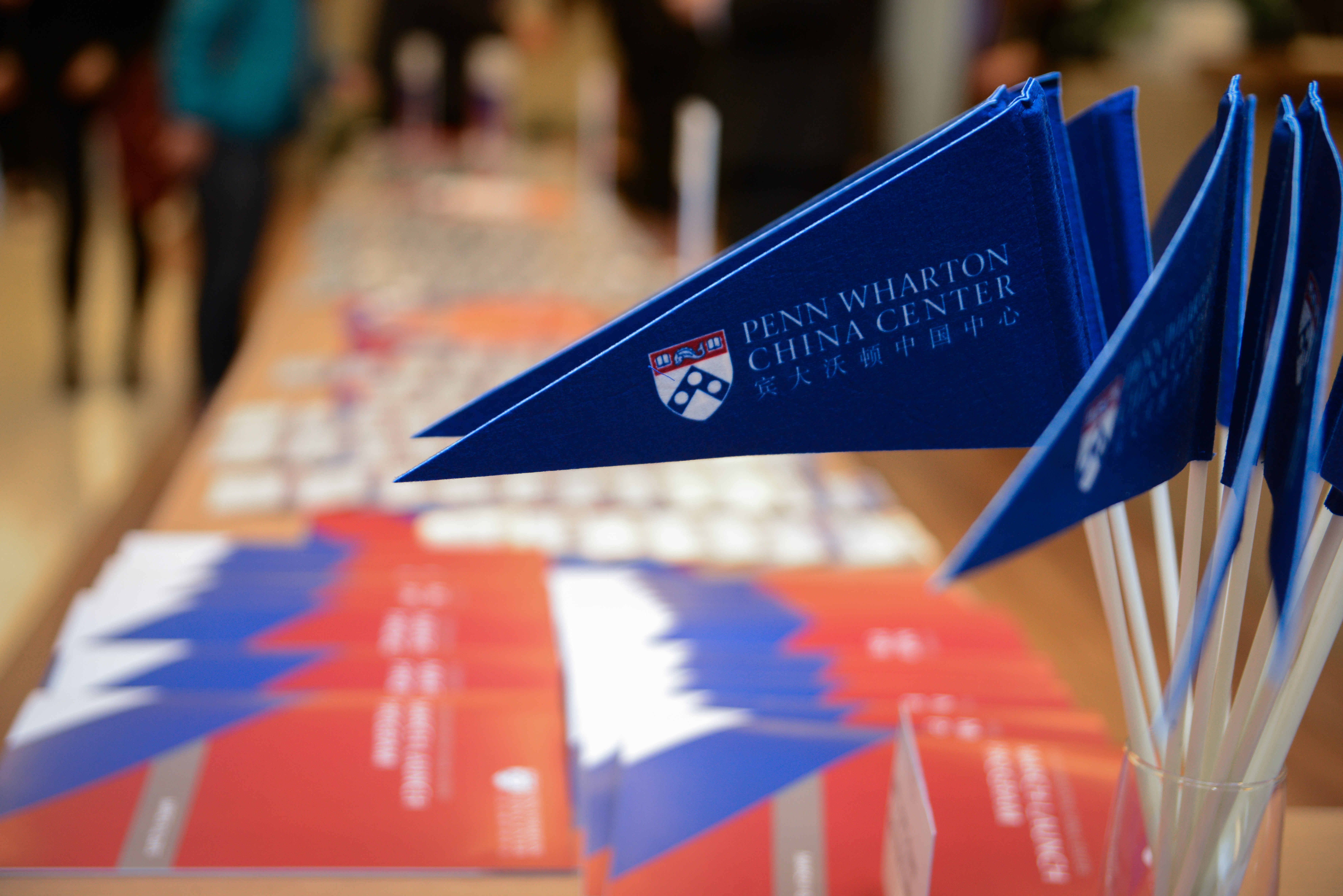East Asia
Penn & East Asia
The University of Pennsylvania’s engagement with China and East Asia is marked by a proud tradition of ‘firsts’ and a long history of two-way exchange of talent and ideas in research, education, and service.
Beginning in the early 19th century, graduates of Penn’s medical school were among the first physicians to introduce Western medicine in China. By the late 19th century, Penn’s first Japanese student received a Bachelor of Science (in 1879) and Penn’s first Chinese student received a doctorate in dental medicine (in 1899). In 1909, Kwang Pu Chen became China’s first graduate of the Wharton School and in short order went on to establish himself as a pivotal and innovative figure in the history of modern Chinese banking. Penn has also graduated more than two dozen Chinese students of architecture and design who, in the early twentieth century, returned to China to establish the field of modern architecture.
Penn is also among the first universities in the United States to offer courses on East Asian studies and language. In the 1920s, Penn began to offer degrees in the Department of Oriental Studies, which has since become the Department of East Asian Languages and Civilizations. After World War II, the University then spearheaded the study of modern East Asia, leading to the founding of the Center for East Asian Studies in 1995. Since, engagement with China and East Asia has surged, anchored by the establishment of the Center for the Study of Contemporary China in 2012, the opening of the Penn Wharton China Center in Beijing in 2015, and the dedication of the James Joo-Jin Kim Center for Korean Studies in 2024, which has led to the creation of many new initiatives, innovative programs, and collaborative events that advance the frontiers of education and research on the region and the East Asian diaspora.

Did You Know?
Penn students, on average, participate annually in credit-bearing study abroad programs in East Asia.
Pictured Left
Wharton Professor Sara Jane McCaffrey (second from right) led a Penn Global Seminar for Wharton and non-Wharton undergraduates to explore China’s business environment and culture. Students traveled to China in May 2024 with support from the Wharton International Program and Penn’s China Education Initiative.
Penn & East Asia
Campus Initiatives
Penn actively engages with East Asia through a range of partnerships and initiatives that foster academic collaboration, research, and student exchange.
Program In Focus
Penn Project on the Future of U.S.-China Relations
The Project aims to address the new and fundamental challenges of the “most consequential bilateral relationship” by providing a forum for rising U.S.-based scholars and analysts of China to contribute academically informed, policy relevant analysis on key issue areas and to deepen U.S. capacity to understand and evaluate critical issues in the U.S.-China relationship.

Penn & East Asia
Campus Centers
Centers and departments at Penn prioritizing the study and understanding of China and East Asia.
Center for the Study of Contemporary China
Center for East Asia Studies
Department of East Asian Languages and Civilizations
James Joo-Jin Kim Center for Korean Studies

Based in Beijing, China
Penn Wharton China Center
Based in Beijing, the Penn Wharton China Center provides on-the-ground support for the growing number of programs and collaborations between Penn’s 12 schools and many academic, government, and business partners throughout China.